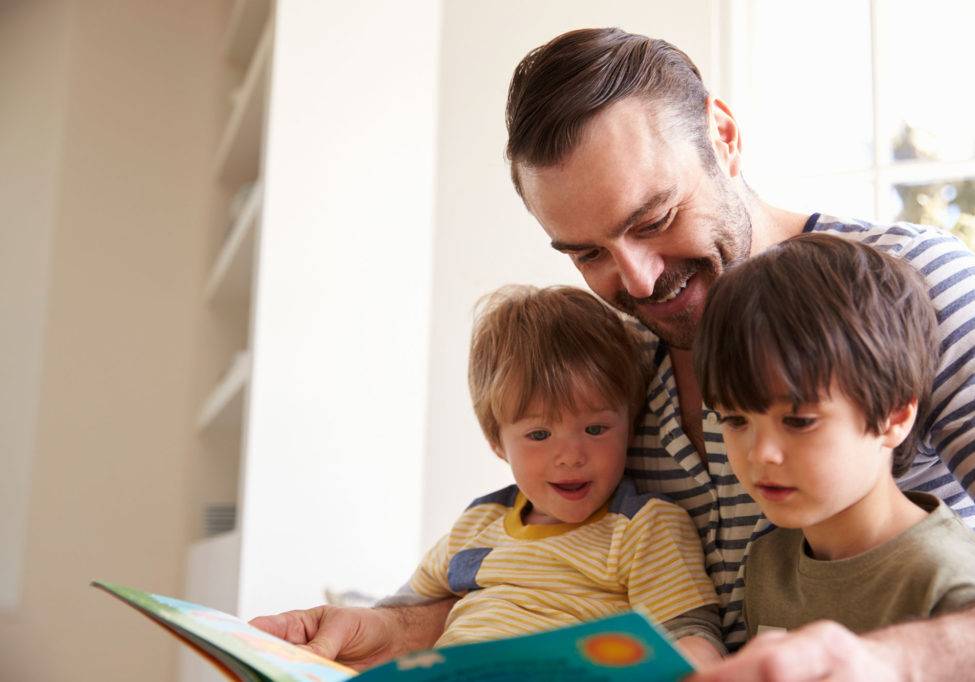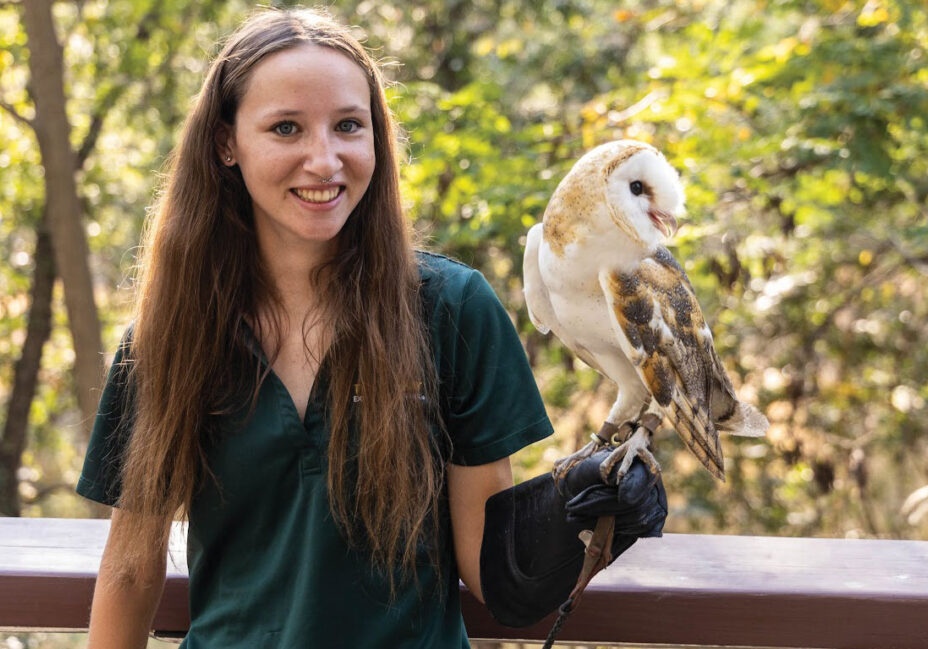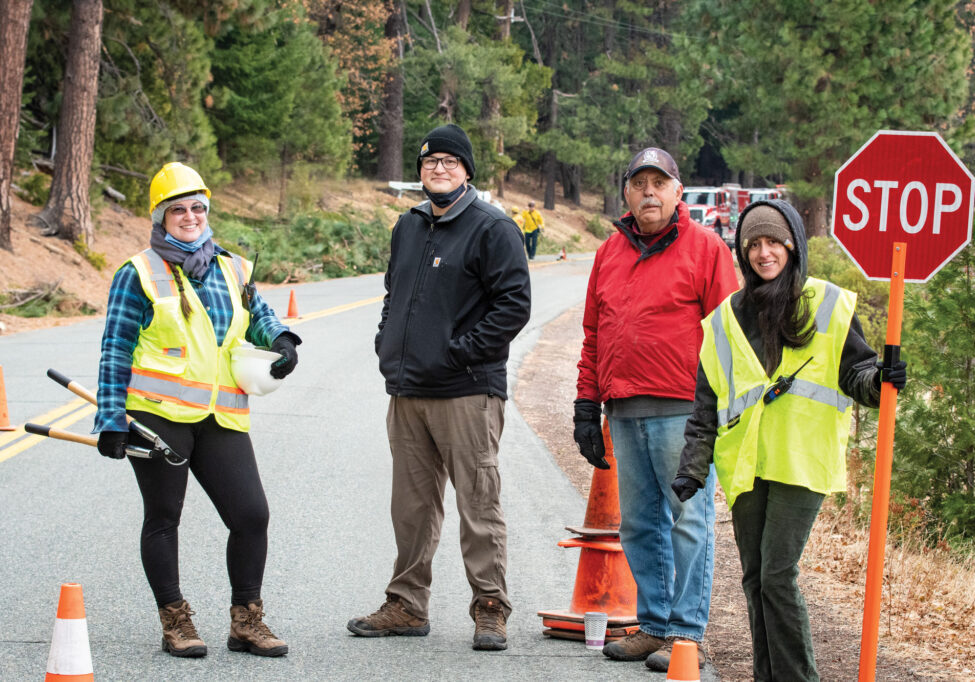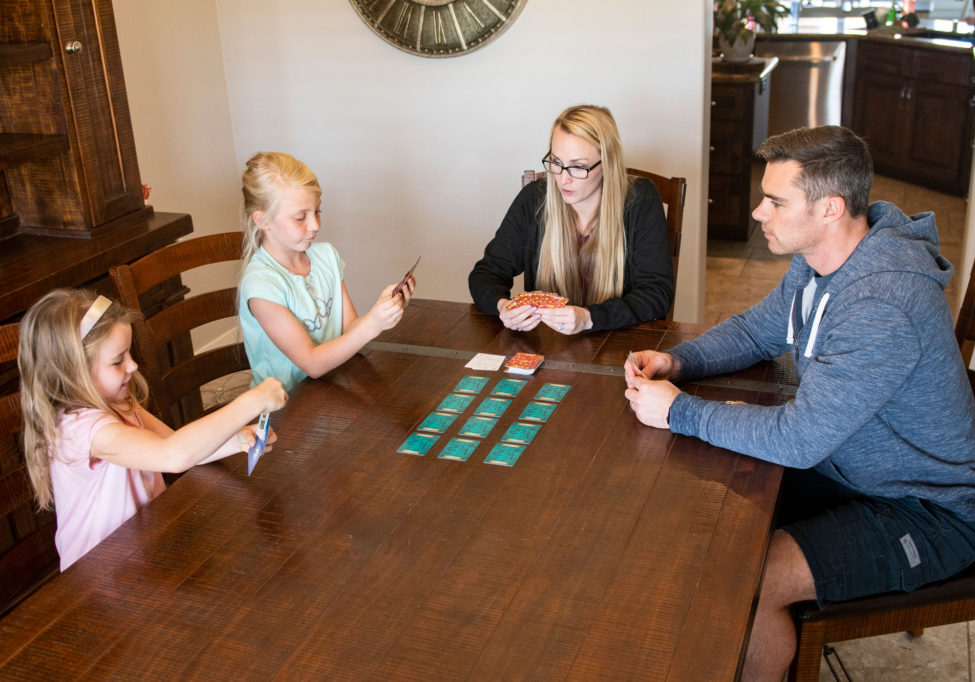According to recent statistics, more than 425,000 children are in foster care on any given day in the U.S. About half are eventually reunited with their families while one-fifth are adopted. Many of them entered the foster system as victims of abuse and neglect. But while there is plenty of data about foster children, information about foster parents can be elusive. I talked to foster parents to hear their stories. Here are the top four things they want you to know.
Foster parents aren’t saints
Most foster parents I talked to want to dispel the myth that they’re saints. Foster parent Heather Grimes says she’s accustomed to people telling her “I could never do that.” Grimes and her husband have one biological child and have fostered two younger children, one of whom they adopted. She says they chose to take on the challenge in order to show their biological daughter the value of helping others. They also felt it was important to be open to the experience, rather than ruling it out based on fear of the unknown.
Director of The Foster Care Institute, Dr. John DeGarmo, says foster parents are, in many ways, like all parents. Having fostered more than 50 children himself, he understands how vulnerable foster parents are to fatigue, setbacks and disappointments. “There are times when we succeed, and there are times when we experience failures. We are not the perfect parents. We are simply trying our best to provide a home and family for a child who needs one, and help a child in need.”
Heartache is to be expected
Many foster parents frequently field questions about what happens when the child is taken away from them. Mary and Ken, foster parents whose foster child was ultimately reunited with his family, said many people expressed apprehension over the idea of getting “too close” to the child only to have the child reunite with their biological family. Mary points out that we rarely if ever, take this stance on other relationships. “We don’t avoid having good friends or a romantic relationship because those engagements might someday come to an end. In fact, many of them do end and we accept that as part of our life experience.”
As an expert in the field, Dr. DeGarmo encounters the question “Doesn’t it hurt it too much to give them back?” several times a week. Of course it hurts, he says; heartache is to be expected. “When the child leaves our home and our family, our hearts should break. We should experience feelings of grief and loss. After all, we have given all of our hearts and love to a child in need.”
Heather Grimes, whose first foster child was reunited with her biological family, says the separation was extremely challenging. Two years later, Grimes says, “Her photo is still on our fridge, from her first birthday. In that adorable denim jumper, sitting on the fake grass outside of Sweet Cow ice cream. Her eyes are the most gorgeous shade of blue.” While the Grimes’ may have moved on with their lives, that little girl is still in their hearts.
Foster kids are not bad kids
Many parents said they often receive comments about how hard it must be to deal with difficult, out of control kids. Emily has fostered three children previously and is now foster mom to a two-tear-old. They are not bad kids, she says, “They just grew up in chaotic, unhealthy environments without proper adult supervision. They are capable of learning the right way to behave, express their emotions, etc. if you take the time to show/teach them.”
Tammy Hoskins works for a nonprofit serving high-risk youth, and she says being trauma-informed is crucial in supporting foster children. She is also the mother of ten children, four of whom are biological children and six of whom she adopted through the foster system. She says that, because their brains are still developing, children are especially vulnerable to the deleterious effects of trauma, including difficulty with learning, social-emotional development, brain structure, cognition, physical health, and attachment. “To understand, to empathize and to work with them in collaborative ways to solve problems is crucial to their healing.” The work of Daniel Siegel, Karen Purvis, and webinars available through the Center for Adoption Support and Education are among the many resources she recommends foster parents take advantage of.
The foster system can be impersonal, but has its upsides
While the foster system can be impersonal and frustrating, known for its many rules and regulations, it has its upsides, too. Dr. DeGarmo points out that that foster parents are helping not just the children, but the whole family. He notes that many biological parents of foster children were in the foster system themselves and, for lack of resources, are stuck in this cycle. ”Part of being a foster parent is helping the parents of the children living with us; helping our fellow human beings.”
Heather Grimes was surprised to find how much she appreciated being part of the foster system. “I appreciated interacting with the parents of [our first foster child] with the social workers, medical professionals, everyone. I felt like I was supporting a bigger cause. I felt such a sense of pride that my family chose to go to such great lengths for others.”
From talking to foster parents, I learned that being a foster parent doesn’t require a superhero cape, sainthood, or limitless patience. It does take commitment, compassion and a desire to help others, including both the foster child and their family.
Posted in: Youth & Teen
Comment Policy: All viewpoints are welcome, but comments should remain relevant. Personal attacks, profanity, and aggressive behavior are not allowed. No spam, advertising, or promoting of products/services. Please, only use your real name and limit the amount of links submitted in your comment.
You Might Also Like...

Read Across Siskiyou: 14 Years Promoting Childhood Literacy
Every once in a while an idea comes along that transforms an individual, a community, and sometimes even the world. Since the childhood literacy program Read Across Siskiyou (RAS) was […]

Volunteer Opportunities For Kids Outside In Nature
Both volunteer work and spending time in nature have been scientifically proven to increase happiness and improve mood, so why not combine these ideas by participating in outdoor community service projects as a family that […]

Gifting A Pet To Your Child – How To do It Well
Christmas is coming and your child is longing for a new puppy or kitten to cuddle, or perhaps a beautiful bird, exotic reptile or fluffy bunny. You’re dreaming of […]

Ways To Spark Your Child’s Curiosity At Home
Recent proof suggests that your child’s level of curiosity determines their academic performance, and experts agree that if curiosity is not stimulated, it dies. The good news is that there […]



